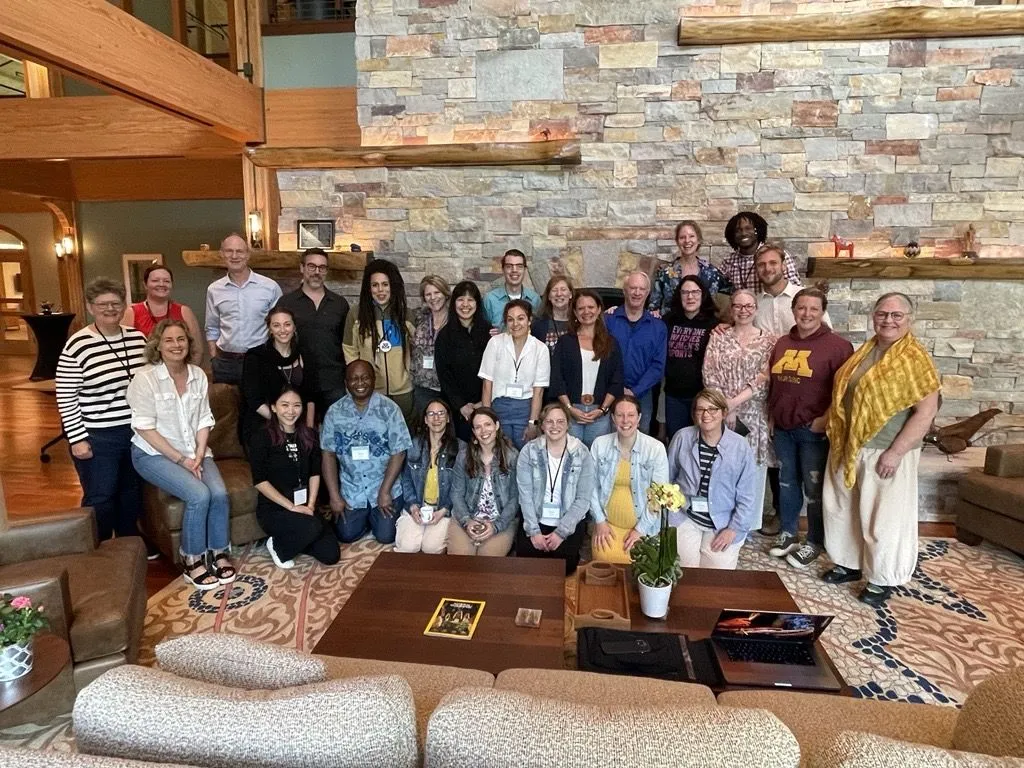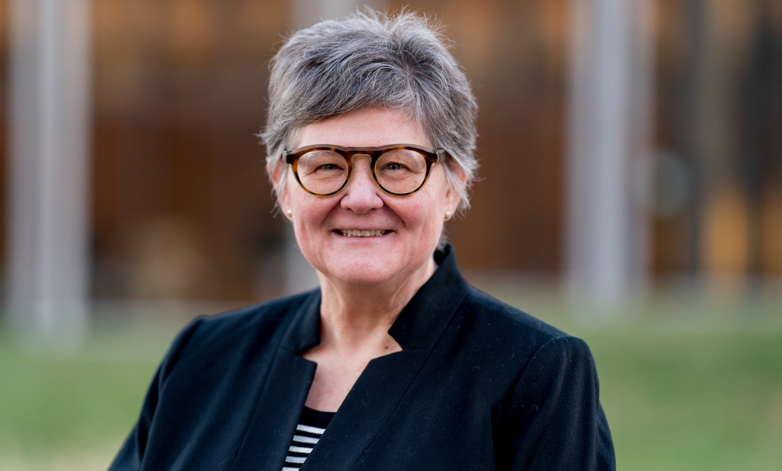As psychedelic-assisted therapy gains mainstream acceptance, the role of social workers, who provide a significant portion of mental health services in the United States, will become increasingly important in this emerging field, according to Tonya Edmond, a professor at the Brown School.
Edmond recently attended an intensive three-day educational program at the Usona Institute in Wisconsin, a leading nonprofit in psychedelic-assisted therapy research. She received a scholarship from the Joe & Sandy Samberg Foundation to participate. The program provided comprehensive training, covering everything from preparatory work to dosing session facilitation and post-session integration.
With psychedelics like psilocybin, MDMA, and ketamine showing promise in treating mental health issues such as post-traumatic stress disorder, addiction, and depression, Edmond believes these therapies will be legally available in the near future and sees social workers as essential to their successful implementation, particularly in underserved communities.
“We’re deeply embedded throughout the mental health infrastructure across this country,” Edmond said. “We’re working in low-resourced organizations and communities. We have the opportunity to expand the reach of who has access to these kinds of therapeutic interventions.”
Currently, access to psychedelic-assisted therapy is limited, primarily available through clinical trials or underground markets. Edmond envisions a future where social work education includes these therapies, preparing students for potential roles as therapists. At the Brown School, nearly half of the students are focused on clinical work with a concentration in mental health, making it practical to integrate psychedelic assisted therapy training into the curriculum.
“Our students need to be aware of where we are as a field in this work,” she explained. “If we can get this embedded in social work curricula around the country in the next couple of years, we will have a mechanism for workforce development that prepares social workers to collaborate with psychiatrists and psychologists in using these treatments to help people.”
For the past year, Edmond has been part of the Psychedelic-Assisted Therapies Learning Community (PAT-LC) at the Brown School, an interdisciplinary group led by Professor Leopoldo J. Cabassa. The group, comprising faculty and doctoral students from various fields, focuses on the latest research on psychedelic therapy and training for future practitioners.

